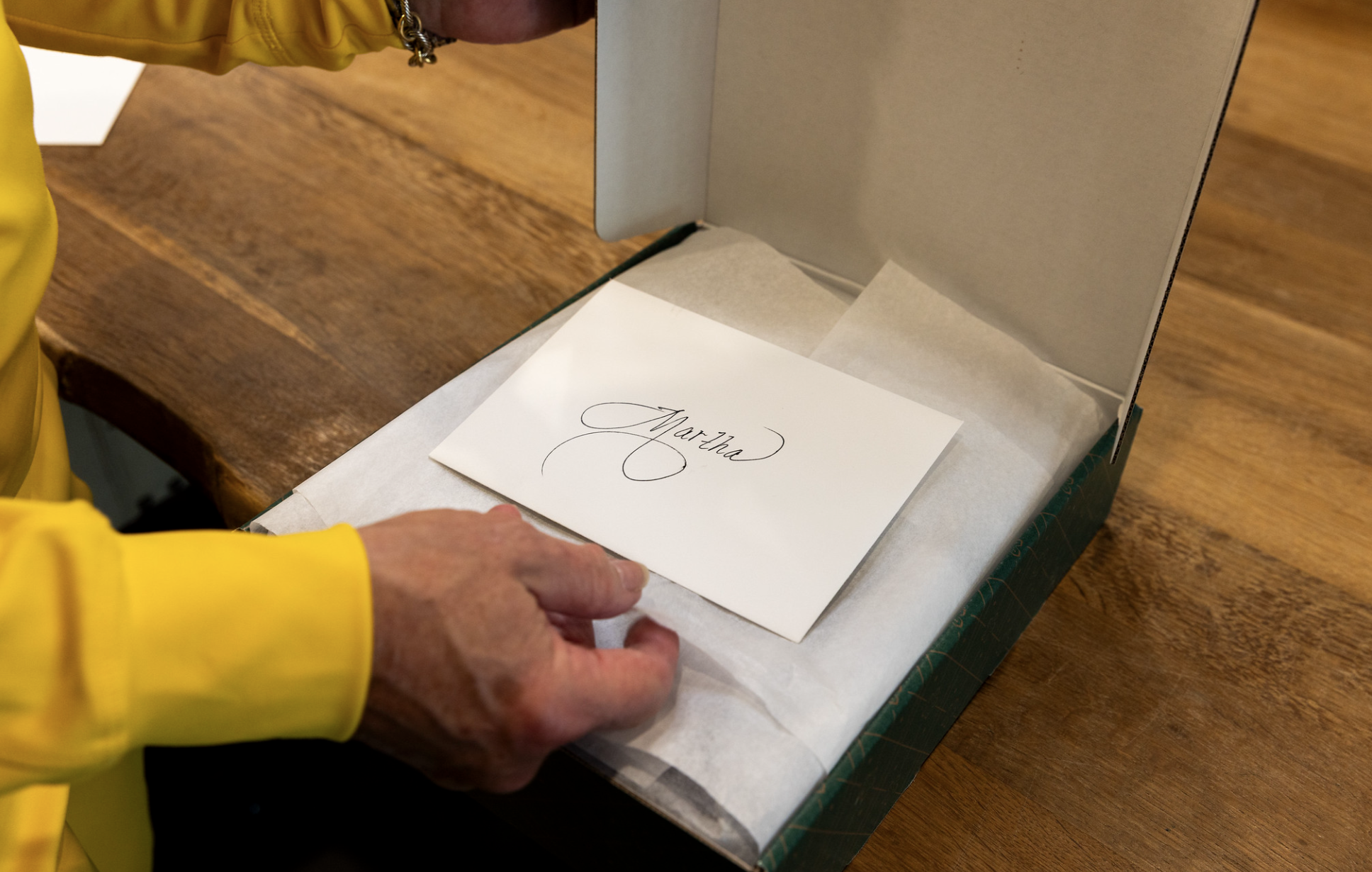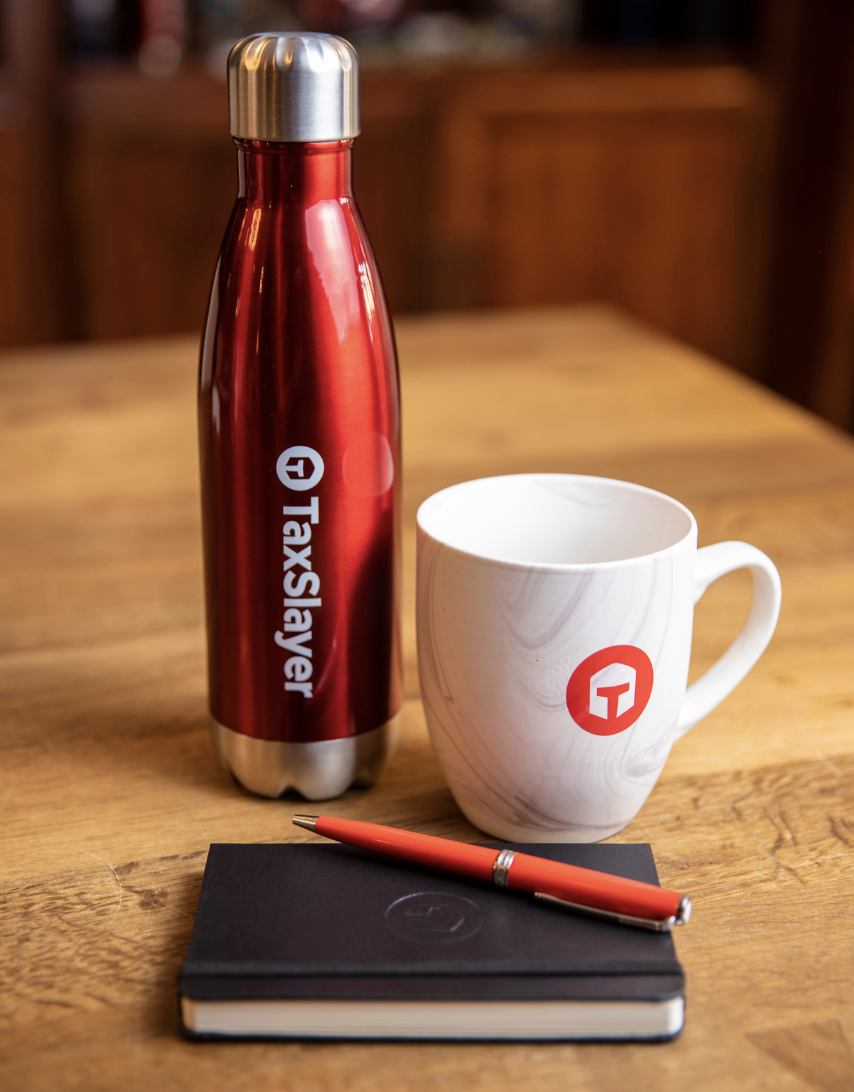The Corporate Gifting Playbook
Corporate gifting is more than a transaction. It should be a strategic tool for building relationships, reinforcing brand identity, and showing genuine appreciation. Thoughtfully chosen gifts can elevate your company in the minds of clients, employees, and partners. But successful corporate gifting isn’t just about spending money; it’s about understanding the psychology of gifting, making items personal, designing them well, and leveraging branded products to reinforce your company’s identity.
The Psychology of Gifting
At its core, gifting taps into deep psychological principles. Simply put: people respond emotionally to thoughtful gestures, which can create lasting positive impressions. Neuroscience shows that receiving a gift triggers a release of dopamine, the “feel-good” neurotransmitter, which associates pleasure and reward with the giver. In corporate contexts, this means a well-chosen gift can strengthen loyalty and encourage positive behaviors.
Gifts work best when they communicate intent. Generic or impersonal gifts may be seen as obligatory, while thoughtful gifts convey that you understand and value the recipient. Timing, context, and presentation all matter, deeply, and can influence the perception of generosity. For example, gifting a custom notebook during onboarding shows attentiveness to an employee’s experience. Similarly, sending a high-quality branded gift with a handwritten note to a long-standing client reinforces appreciation for a continued partnership.
Moreover, reciprocity plays a significant role. People naturally feel compelled to reciprocate kindness. A meaningful corporate gift can inspire collaboration, repeat business, or employee advocacy. Understanding these psychological triggers allows companies to approach gifting as a strategic tool rather than an untrackable, transactional activity.
Making Corporate Gifts Personal
Personalization is the secret ingredient that elevates a gift from “nice” to “awesome.” Personalization can take many forms, including small touches like engraving names on a faceplate to tailoring entire gifts to the recipient’s interests or professional needs. In our experience, we’ve found that people are more likely to remember gifting experiences, and use those gifts that demonstrate attention to their preferences.
Logistically, achieving personalized gifts doesn’t have to be complicated. Start by segmenting recipients: employees, clients, prospects, or partners. Each group has unique relationships with your company. Consider what motivates or delights them. For employees, gifts that enhance their workspace or wellness routines show you care about their daily experience. For clients, gifts that align with their professional or personal passions signal thoughtfulness.
Personalization doesn’t always require extravagant investment. Small gestures, like a handwritten note or custom packaging, can significantly enhance perceived value. Consider the narrative around the gift: explaining why you selected it or connecting it to a shared experience makes the gift feel intentional rather than generic.
To make gifting easier, promotional product companies can be a partner that offers scalable personalization. The Showpony team has the experience to help create customized touches, from name embossing to selecting gift items based on prior interests. The key is authenticity. Recipients can tell when personalization is genuine versus perfunctory.
Design Considerations in Corporate Gifting
The design of a corporate gift, both physical and experiential, directly affects its impact. Design considerations go beyond aesthetics; they include usability, quality, and brand value alignment. A poorly designed gift, even if expensive, can diminish the perceived value and fail to reinforce your company’s image.
Practicality matters. Gifts should be functional or enjoyable in a way that resonates with recipients. For example, a high-quality insulated water bottle might be used daily, keeping your brand top-of-mind. Similarly, a stylish notebook or tech accessory can integrate seamlessly into professional life, making the gift memorable without being intrusive.
Brand alignment is essential. Every corporate gift is an extension of your brand. The design should reflect your company’s personality, whether it’s modern and sleek, playful, or traditional and luxurious. Consistency across colors, logos, and messaging helps reinforce brand identity subtly but effectively.
Packaging elevates perception. Humans are visual creatures, and presentation impacts perception of value. Thoughtful packaging—crisp materials, quality finishing, and a professional unboxing experience—can transform even a modest gift into a premium experience. Including small personal touches, like a branded ribbon or note, enhances the delightful experience.
Sustainability considerations also play a factor in crafting the perfect gift. Many recipients increasingly value eco-conscious choices. Gifts that minimize waste, use recyclable materials, or support sustainable practices can reflect positively on your organization. Sustainable design signals responsibility, aligning brand values with global trends and recipient expectations.
Why Branded Items Matter
Corporate gifting provides a unique opportunity to subtly reinforce brand recognition and loyalty. Branded items are more than marketing tools, they serve as tangible reminders of your relationship with the recipient.
Effective branded gifts strike a balance between visibility and sophistication. A product that is overtly promotional may feel transactional, while a carefully designed branded item enhances prestige and utility. Logo placement should be subtle but present, integrated into the design rather than overwhelming it. For instance, embossed logos on high-quality leather goods or embroidered logos on premium apparel feel sophisticated and natural.
Branded items also extend the lifecycle of your relationship. Each time a recipient uses or sees the gift, it reinforces your brand presence in a positive context. Well-chosen items, like tech accessories, office tools, or lifestyle products, provide repeated exposure without being intrusive.
Additionally, branded gifts help create a sense of belonging. Employees who receive branded items, such as company jackets, mugs, or planners, feel part of the organization’s culture. Clients and partners who receive tasteful branded gifts feel more connected to your brand story. This subtle reinforcement strengthens loyalty and ensures your organization remains top-of-mind.
Strategic Approaches to Corporate Gifting
To maximize the impact of corporate gifting, it’s important to treat it as a deliberate, strategic effort rather than an ad-hoc expense. Here are some best practices:
- Set clear objectives. Are you aiming to retain clients, celebrate milestones, motivate employees, or build goodwill? Defining your goal will inform the type of gift, personalization level, and timing.
- Plan ahead. High-quality gifts often require lead time for production, personalization, and shipping. Early planning ensures you can select meaningful items rather than defaulting to generic options.
- Segment recipients. Tailoring gifts to the type of recipient enhances relevance and effectiveness. A segmented approach also allows you to allocate budget where it will have the greatest impact.
- Prioritize quality over quantity. A thoughtfully chosen, high-quality gift has far more impact than multiple low-cost items. The perceived value of a gift directly influences the recipient’s response.
- Include a personal touch. Even a small handwritten note or thoughtful message can amplify the emotional resonance of the gift. Authenticity is key and recipients notice when care has been taken.
- Measure and iterate. Track feedback and engagement to understand which gifts create the most impact. Continuous refinement ensures your gifting program evolves with recipient expectations and company objectives.
Corporate gifting is both an art and a science. By understanding the psychology of gifting, making items personal, paying attention to design, and leveraging branded products thoughtfully, organizations can turn a simple gesture into a powerful relationship-building tool. In a business landscape where meaningful connections matter more than ever, the right gift can differentiate your brand, strengthen loyalty, and create lasting impressions. Investing in a thoughtful corporate gifting strategy is not just about generosity, it’s about building bridges that reinforce identity and show you understand and value the people who matter most to your business.




